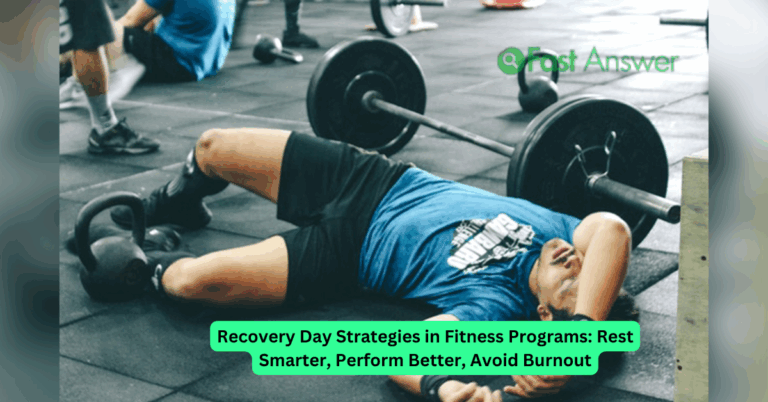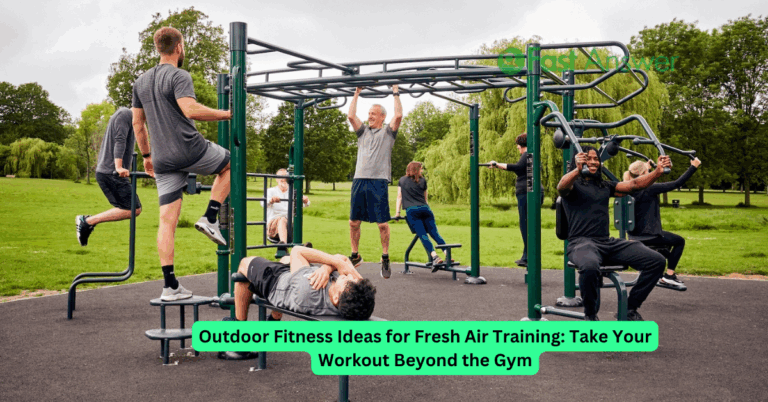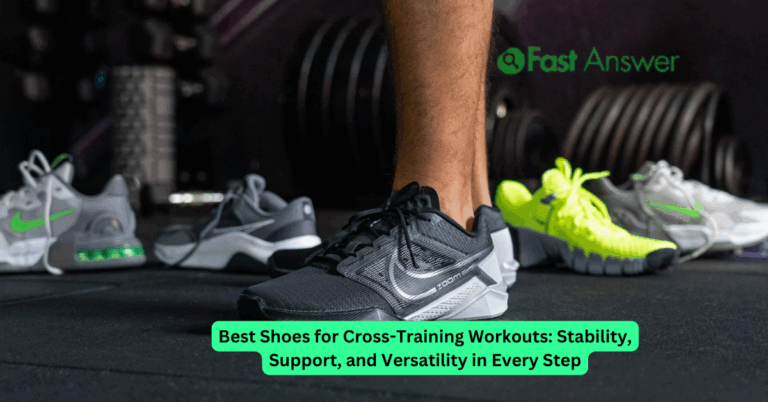Fitness Tips for Busy Professionals: Stay Fit Without Rearranging Your Schedule
Finding time to stay fit in a demanding professional life can feel nearly impossible. Between meetings, deadlines, and long commutes, fitness often falls to the bottom of the priority list. But staying active doesn’t require hours at the gym or a complete lifestyle overhaul. With the right strategy, even the busiest professional can build strength, boost energy, and maintain wellness without sacrificing productivity. This guide offers realistic, high-impact fitness tips designed specifically for working professionals who want to stay healthy and sharp, no matter how tight their schedule gets.
How to Fit Exercise Into Your Routine Without Blocking Off Hours
The key to consistency lies in micro-movements and smart scheduling. You don’t need a full hour to see results short, focused workouts can deliver powerful benefits. Try 15-minute high-intensity interval training (HIIT) sessions, bodyweight circuits, or even desk-based stretches between calls. Early mornings, lunch breaks, or evenings before dinner can become your dedicated fitness windows. Treat workouts like meetings schedule them, commit to them, and show up. Once fitness becomes part of your calendar, it becomes part of your routine.
Smart Ways to Stay Active Throughout the Workday
If a structured workout isn’t possible, movement can still be integrated into your day. Take the stairs instead of the elevator. Walk during phone meetings. Set a reminder every hour to stand, stretch, or do a few quick squats or calf raises. These small bursts of activity add up, improve circulation, and reduce stiffness. Even posture plays a role sitting upright, engaging your core, and avoiding slouching helps maintain strength and focus during long work hours. Active habits baked into your workflow keep your body engaged and your mind sharp.
Meal Prep and Nutrition Tips That Keep You Energized
Busy professionals often fall into the trap of convenience eating quick snacks, takeout, or skipped meals altogether. But a few simple strategies can transform your nutrition. Prepping meals once or twice a week ensures you have access to balanced, nutrient-rich options even when time is tight. Focus on meals high in protein, fiber, and healthy fats to keep you full and focused. Keep easy, healthy snacks at your desk like nuts, yogurt, or fruit to avoid impulsive vending machine runs. Hydration is also crucial drink water consistently to maintain energy and avoid the mid-afternoon slump.
Why Sleep and Stress Management Matter Just as Much as Exercise
Fitness isn’t just about working out it’s about recovery, too. Lack of sleep and chronic stress sabotage your health goals by spiking cortisol, slowing metabolism, and reducing workout motivation. Prioritize sleep by setting digital boundaries at night, creating a calming wind-down routine, and aiming for 7–9 hours of quality rest. Stress-reducing practices like deep breathing, mindfulness, or even a short walk outdoors can help regulate energy and improve decision-making. A balanced, well-rested body performs better both in the boardroom and in your workouts.
Efficient Workouts That Deliver Maximum Results in Minimal Time
Time-saving workout strategies can keep you fit without stealing hours from your day. Circuit training, resistance bands, bodyweight exercises, and smart mobility routines can all be done from home or the office. You can build full-body strength in just 20 minutes a day if your workouts are focused and intentional. Use apps or streaming platforms that guide you through efficient routines, or follow pre-made plans that align with your fitness goals. With the right moves, less truly can be more.
FAQs
What’s the best time of day to work out for busy professionals?
The best time is whenever you can be consistent whether that’s early morning, during lunch, or in the evening.
Can I get fit with just 15–20 minutes a day?
Yes. Short, high-intensity sessions can significantly improve strength, endurance, and energy.
Do I need a gym to stay in shape?
No. Bodyweight routines, home workouts, and active movement throughout the day are highly effective.
How can I avoid skipping workouts when I’m tired?
Focus on short sessions, build a routine, and remind yourself how energized you’ll feel after moving.
Is it better to work out every day or just a few times a week?
Aim for 3–5 sessions weekly, but even two strong sessions are better than none. Consistency is key.


